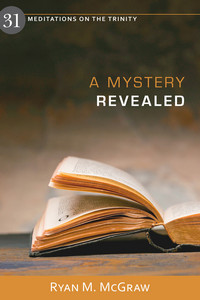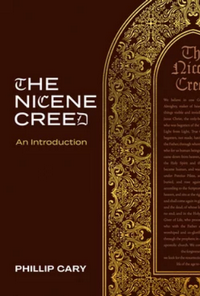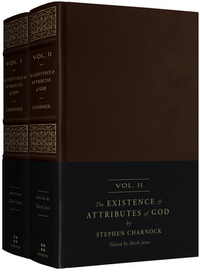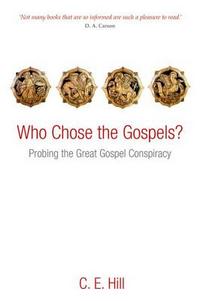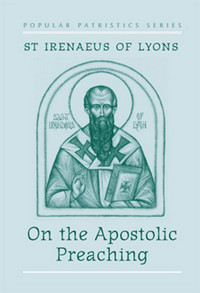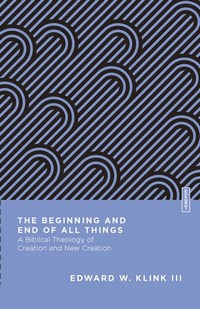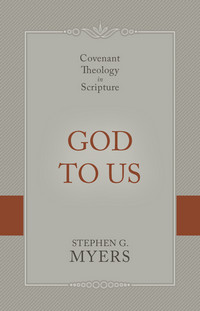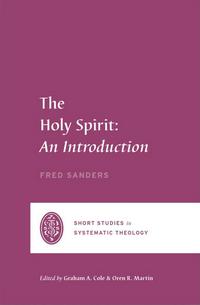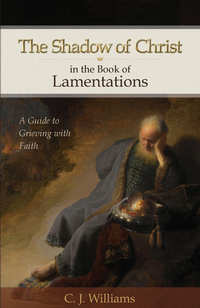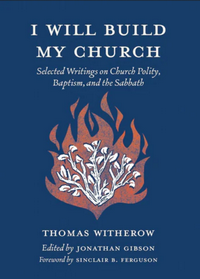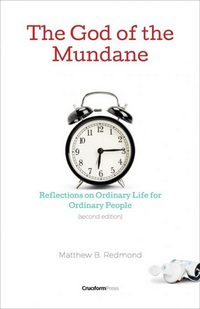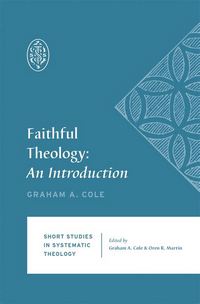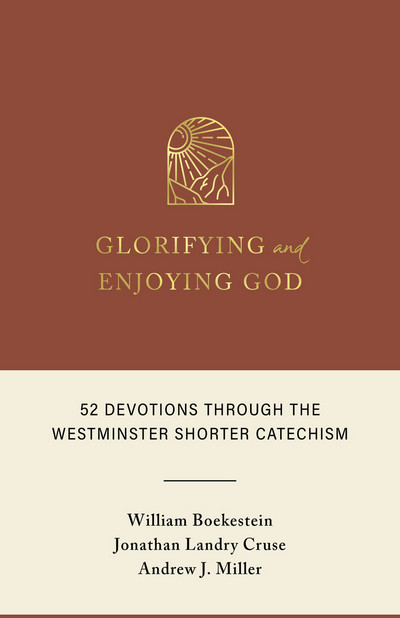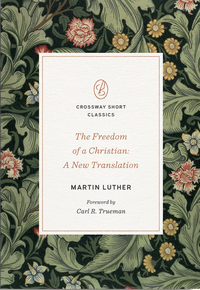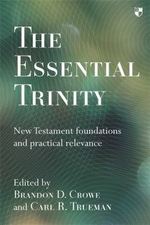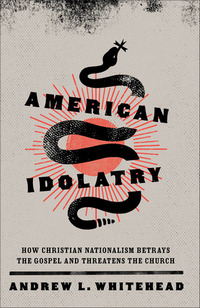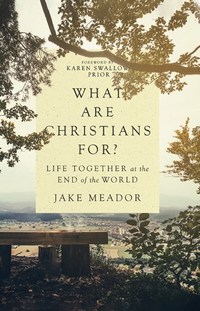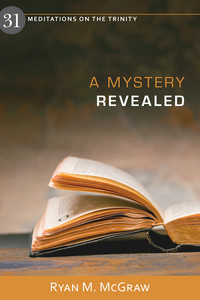 A Mystery Revealed:
A Mystery Revealed:
31 Meditations on the Trinity
DETAILS: Publisher: Reformation Heritage Books Publication Date: May 8, 2023 Format: eBook Length: 256 pg. Read Date: July 2-December 31, 2023

The Trinity is the grammar shaping the language we use to relate to God before we become self-conscious about it or skilled in using it. We often learn to hear the Bible and to speak to God and others in Trinitarian terms before we learn how and why those terms work.
What’s A Mystery Revealed About?
The Publisher’s site says:
Dr. Ryan McGraw peels back the curtain on how the Trinity forms the foundation for everything from evangelism to corporate worship. As he follows the Trinitarian shape of Scripture, McGraw brings this heavenly doctrine down to earth for the average Christian to experience.
These 31 meditations trace the biblical storyline, drawing us closer to the blessed persons of the Father, Son, and Holy Spirit.
And that’s basically what the book gives—McGraw starts by trying to sketch the grammar of the Trinity and then traces the storyline of the Bible showing how that grammar was revealed. McGraw notes early on that:
Many believers do not read the Bible like a story but like a collection of memory verses. How many verses have you memorized in your life, only to realize they mean something different than you thought?
So while helping readers to find the Trinity revealed throughout the Scriptures, he also helps the reader to understand the storyline of the Bible—how it’s not just a collection of memory verses.
The chapters end up with a good balance of “theory” and “practice.” McGraw isn’t known for just feeding the head or the heart in his books, he’s also focused on the reader putting his ideas into action—and that’s clear in this book.
Maybe Too-Reliant on J.R.R.?
McGraw begins every/almost every chapter with some sort of illustration to bring the reader to the subject—it’s not my favorite tool, but it’s time-tested and reliable. One frequent source of illustrations for this book are the works of Tolkien. I have nothing against Tolkien—and wish I knew his work better. But…I think it’s a well that McGraw maybe returned to too often. I didn’t pick up this book for ideas about the Trinity and The Hobbit/The Lord of the Rings/The Silmarillion.
Sure, Tolkien is an easy touchstone that a lot of McGraw’s readers will be familiar with, making the transition to the topics at hand easier. I just think he’d have been better served with other sources of introduction.
The gospel is the centerpiece of the Bible’s story line. All things anticipate it in the Old Testament, and all things point back to it in the New Testament. God is the author of the narrative, and Christ is the narrator. The Spirit makes us participants, rather than spectators, in the story . As we have seen, writing Himself into the story, it turns out that the triune God is the main character as well.
So, what did I think about A Mystery Revealed?
Now this is a devotional—meant to be read in short bursts on a daily (or weekly, like I used it) basis. It’s not to be read cover-to-cover, and you’re not going to get in-depth on any of the points considered. So you have to bear that in mind—McGraw’s addressed some of these topics in greater depth elsewhere, and it’s worth the effort to find them. Nevertheless, even in these devotional-length chapters, he does a capable job of addressing them.
Also, the “Further Reading” recommended with every chapter will satisfy whatever itches for greater depth or expansion on ideas the reader may have. They gave me a reading list I’m eager to tackle (or revisit).
McGraw’s use of grammar as a metaphor and reminding the reader of the storyline of the Bible are throughout and are so useful.
Some of the chapters didn’t do a whole lot for me—did we really need 4-5 pages on this? And others were like a cup of cold water on a hot day. But I imagine that if I read this book again in a year or so, I’d have a completely different list of chapters under each heading. This is to be expected, I assume, and isn’t a reason to walk away.
A Mystery Revealed is a nice way to spend a few minutes a day for a while. It should be helpful to remind/refresh/create a better understanding of the way the Trinity can be seen throughout the story of the Bible and point you to the greater needs of your soul.

This post contains an affiliate link. If you purchase from it, I will get a small commission at no additional cost to you. As always, the opinions expressed are my own.
![]()


